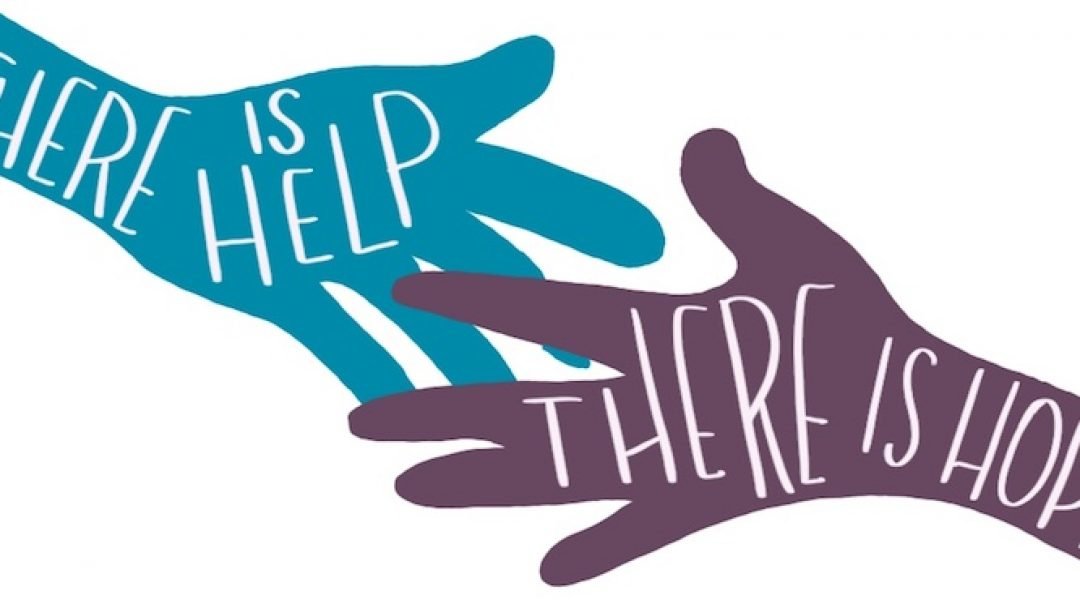September 10 is World Suicide Prevention Day. Last year on the blog we looked at how suicide rates among older adults are rising. As a culture, we tend to view depression as a normal part of the aging process. The truth is that while there are situations that can lead to older adults feeling sadness (e.g., loss of a loved one, changes in living arrangements, or living with a chronic illness), this is different from clinical depression. According to Michigan Medicine, “Depression is an illness that makes you feel sad, lose interest in things you used to enjoy, withdraw from others, and have little energy. It’s more than normal sadness, grief, or low energy. Most people get better with medicine, counseling, or a combination of the two.”
Is it depression or sadness?
The Eisenberg Family Depression Center at Michigan Medicine hosts a depression self-assessment you can print out or take online.
Where to turn
- Michigan Medicine Psychiatric Emergency Services 24 Hour Crisis Center (734-996-4747)
- University of Michigan Psychiatric 24-Hour Crisis Center (734-936-5900)
- Washtenaw County Community Mental Health Access/Crisis (734-544-3050)
- National Suicide Prevention Lifeline (1-800-273-8255) (En Español: 1-888-628-9454; deaf and hard of hearing: 1-800-799-4889
- Crisis Text Line (text HELLO to 741741)
- Veteran’s Crisis Line: (800-273-8255 and Press 1 for help). Open to Veterans and their loved ones.
- If you’re in immediate danger, please call 911.
Visit the Ahead of the Curve Resource Directory to find mental health resources in your community.






